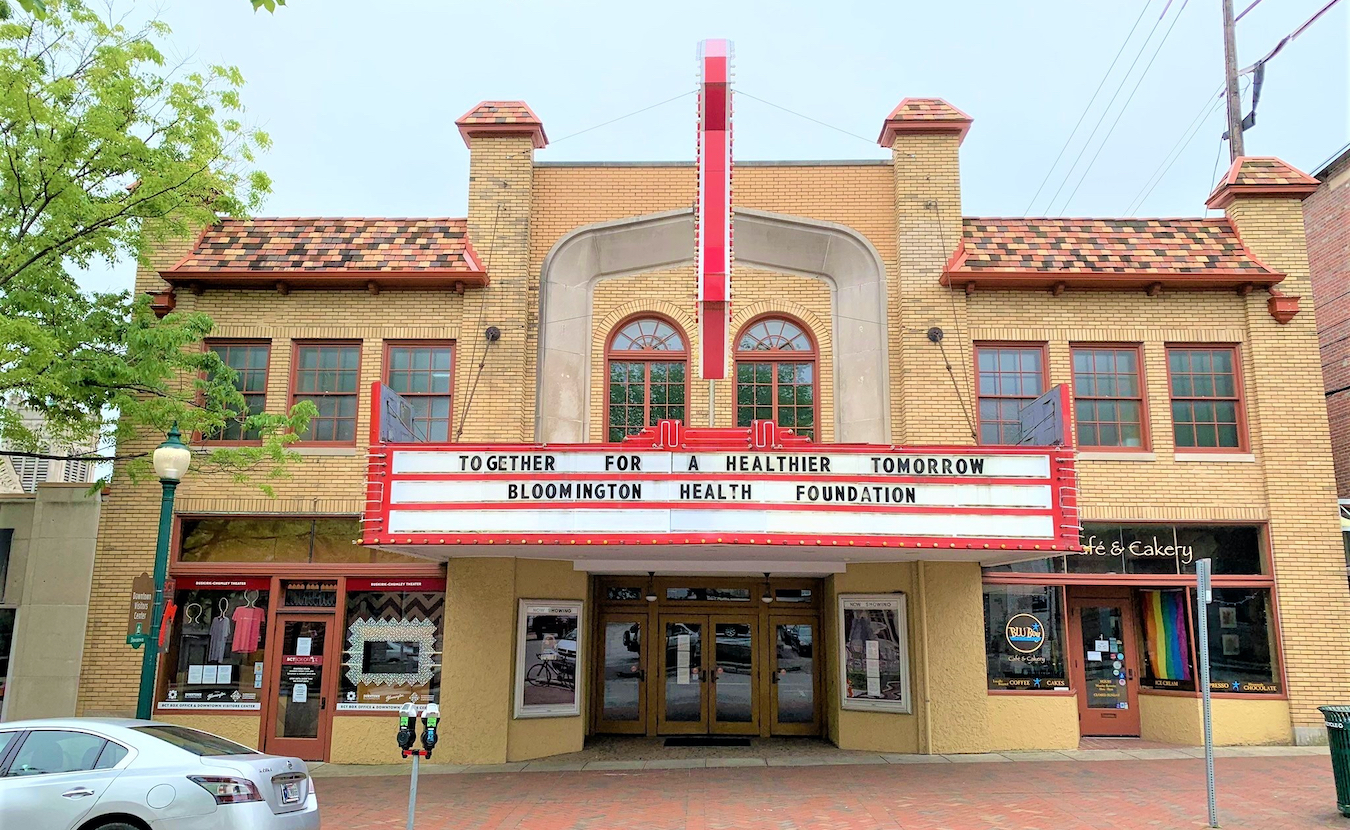
Michelle Gilchrist, President and CEO of Bloomington Health Foundation

A partnership including Bloomington Health Foundation provided grant funding in 2020 to Area 10 Agency on Aging for a wheelchair accessible van for rural non-emergency medical transportation.
Indiana lawmakers urged hospitals and insurance leaders to work together to match Indiana’s health care costs to the national average by 2025. The cost of healthcare has been a subject of debate for many years. Recently the IndyStar reported that the state’s largest health care system, Indiana University Health, announced plans to freeze prices to come in line with the national average in three years. Legislative leaders would like to see faster progress from Indiana’s health care industry.
Under the Affordable Care Act, all nonprofit hospitals and health systems are required to engage the community in developing programs that respond to community health needs. Their tax-free status — saving nonprofit hospitals an average of $11.3 million annually, per hospital — hinges on a need to provide benefit to the community.
Some engage in medical training, research, or facility upgrades to meet the community benefit requirement; others make it a priority to directly address unmet community needs.
While lawmakers, health systems, health associations and insurers work to stabilize the rising health costs to Hoosiers, Bloomington Health Foundation, a tax-exempt 501(c)3 nonprofit organization, stimulated community agencies by investing more than $13 million in capital support to ensure the necessary resources to improve community health remained a top priority.
In 2021, Bloomington Health Foundation donated $1.4 million to establish the Cancer Support Community South Central Indiana regional office, contributed $11 million to advance the future of healthcare at the IU Health Bloomington Hospital, committed more than $200,000 to establish a stronger engagement structure for marginalized and underserved populations, and invested nearly $200,000 towards improving access to mental health treatment.
$2 Million to be Distributed to Nonprofit Health Programs
Beginning in April, Bloomington Health Foundation will conduct Town Hall Meetings where nonprofits can learn more about the future of the organization and how to apply for financial support. The foundation expects to distribute an estimated $2 million during 2022 to 501(c)3 nonprofits delivering community health services. The minimum proposal will be determined later in March but is expected to be no less than $50,000.
Bloomington Health Foundation has been the local philanthropic expert for improving community health for more than 50 years. It has invested support in partnership with the people and organizations in and around the Bloomington area and leveraged existing assets to implement innovative solutions to our community’s most pressing health needs.
Collaboration is Essential
As Michelle Gilchrist, president and CEO of Bloomington Health Foundation, explained, “It is imperative for nonprofit funders, corporations, community agencies, and the community at large to come together to devise solutions amidst the uncertainty in cost.” Local communities must first identify and agree on what are its top priorities and determine the best course of action to impact positive change.
“None of us can do it alone. It will take each of us,” said Gilchrist.
The Insurance Institute of Indiana and the Indiana Hospital Association have been discussing forming a working group to address inefficiencies within the system and to improve communication, said Marty Wood, president of the insurance institute.
Learn more about joining the movement for a healthier tomorrow at bloomhf.org.




